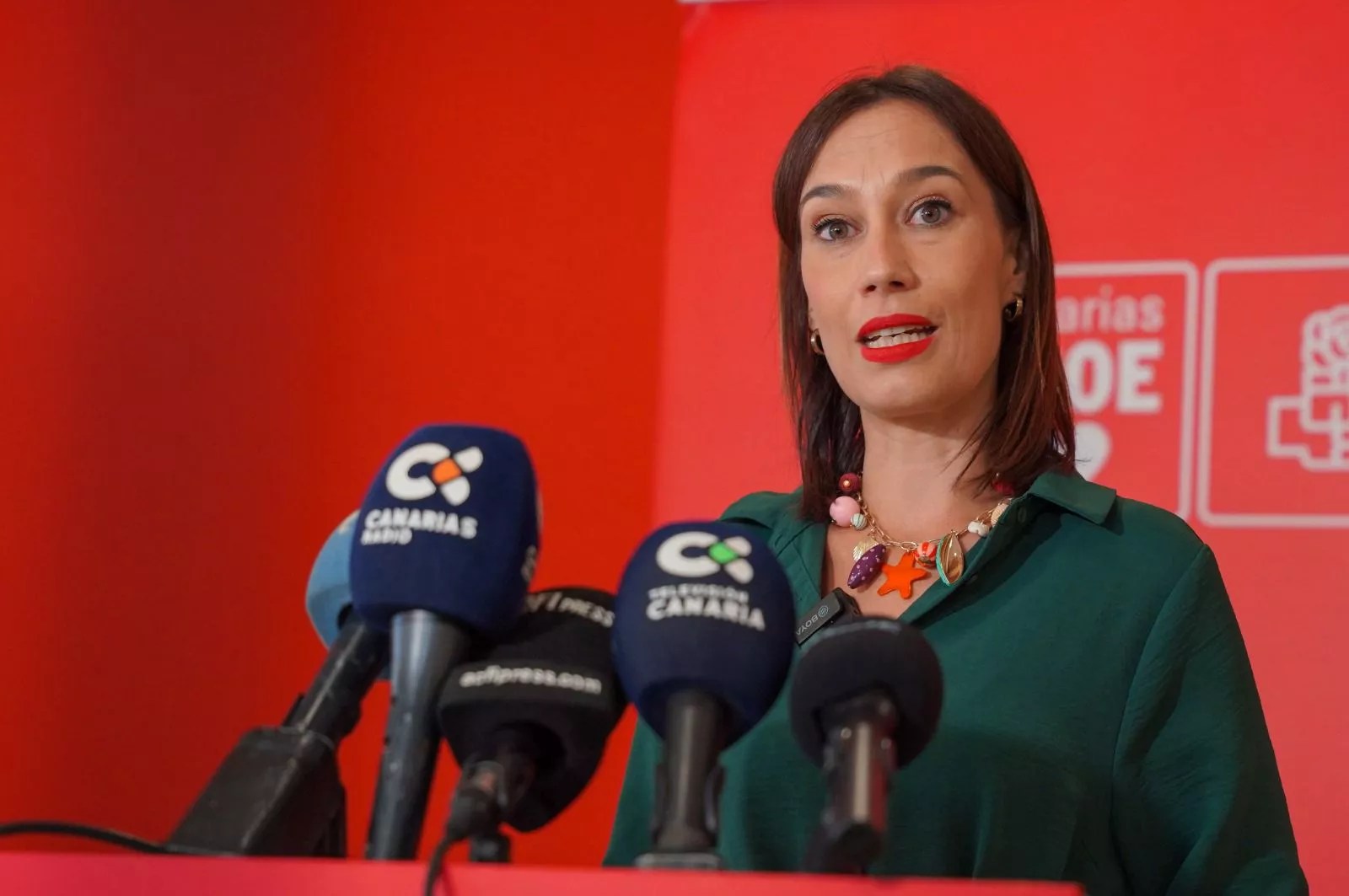Arona finds itself ensnared in political turmoil once again, following the dismissal of four Más por Arona councillors by the mayor, Fátima Lemes (PP), yesterday. These councillors had governed alongside the Canarian Coalition (CC) and were responsible for critical areas, including Tourism, Employment, Economic Promotion, and Urban and Territorial Planning.
The mayor cited “a lack of trust, disunity within the team, and a profound dissatisfaction” with the management of these sectors as the rationale for her severe course of action. She asserted that this decision was taken “in agreement with the governing group,” but failed to inform the other political entities within the Corporation, who only discovered the news through an official statement.
However, late yesterday, CC de Arona released a statement claiming that the decision to expel the four Más por Arona councillors from the municipal administration was solely made by the mayor and asserted that “the Arona Canarian Coalition played no part in this decision,” emphasising that they hold five councillors within the council, equal to the numbers of the Popular Party.
CC maintains that “our role has consistently been to achieve consensus through dialogue and collaboration to enhance the management of our municipality, with the general interest taking precedence over internal disputes.”
As it stands, the governing coalition of PP and CC now finds itself in a minority, just shy of the 13 councillors required for an absolute majority, as they currently only possess 10 out of the 25 councillors in the Corporation.
Sources from the PP noted yesterday that they anticipate the two Vox councillors will join the municipal government. However, Naim Yánez, the party’s councillor in Arona, refrained from confirming this, whilst not dismissing the prospect, stating they are open to discussions. “They have not reached out to us, nor is there any agreement, but we are ready to collaborate for Arona. We will soon speak and determine the way forward.” Yánez expressed regret over the deadlock in which the municipality finds itself and suggested that governance may now be simpler, given the removal of those who obstruct progress.
Even with the addition of the two Vox councillors, the numbers still fall short. Nauzet Fariña, the councillor from Nueva Canarias (NC), who plays a pivotal role in this situation, will not participate in the municipal government if Vox is involved, as emphasised by NC’s spokesperson in Tenerife, Valentín Correa, who proclaimed, “that is a definitive red line we have made clear at all levels.” However, they are open to specific support, provided it aligns with the general interest. “We will prioritise the programme, ideas, and values above arithmetic,” he stated.
“We are not going to reach an agreement with the PSOE”
On the side of the PSOE, the principal party in Arona with eight councillors, an agreement seems unlikely as well. Fátima Lemes was unequivocal yesterday: “We will not reach an agreement with the PSOE,” she remarked in a discussion with DIARIO DE AVISOS, refraining from disclosing how she plans to assembled her team, an issue she intends to clarify in the coming days. When asked about possible objections from the Canarian Coalition regarding Vox’s entry into the municipal government, Lemes stated, “we do not yet know if there are any, as we have not yet discussed this matter.”
A municipality confronting crucial issues in Urban Planning, Housing, and Tourism
Leading Arona, which boasts the highest population in the South exceeding 100,000 residents and is one of the most coveted political strongholds in Tenerife, is no simple task. There are two challenging years ahead, during which the opposition is unlikely to facilitate matters for the governing group, particularly amid pressing urban planning issues awaiting resolution, such as the reception of El Mojón, the 908,306 square metre parcel of land situated at the entrance of Los Cristianos, which remains incomplete after decades of delays.
The governmental crisis impacts Urban Planning, Housing, and Tourism, three critical areas for the administration led by Fátima Lemes. The spectre of project standstill (at best), particularly in Urban Planning, looms over Arona. The four (ex-socialist) councillors of Más por Arona are returning to the opposition once again. This time they have been ousted by the Popular Party, and it appears that instability and tension, which previously severely affected the council and municipality, will once again dominate the political landscape unless unforeseen circumstances arise.
















